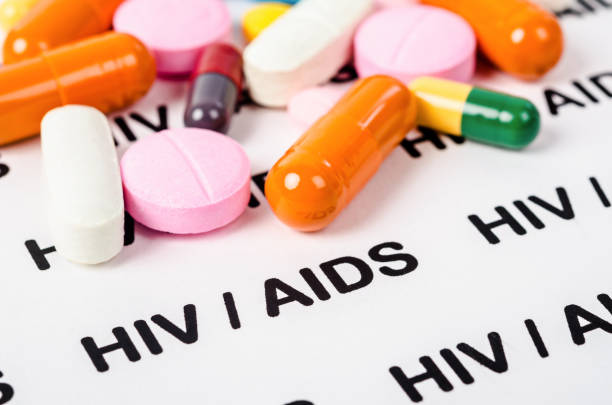Strategies On How To Care For People With Human Immunodeficiency Virus | |
|
If someone finds themselves diagnosed with Human Immunodeficiency Virus, it can feel extremely depressing. While HIV is no longer a "death sentence" as it was previously, being told you have an incurable illness could affect your mental wellbeing, and significantly impact how you live your everyday life. Friends and family are among the primary sources of support to HIV-infected people. Three tips on caring for Human Immunodeficiency Virus positive people from Singapore's HIV clinic.
Be mindful of prejudice and discriminationHIV is still stigmatized. The best way to combat this is by being educated regarding HIV and your own preconceptions in order to understand and support the Human Immunodeficiency Virus person who is HIV positive. The ways in which HIV transmission occurs are of the utmost importance. Family members of those who have been diagnosed as HIV positive are unsure of the nature of the virus and they become cautious about the interactions they have with HIV patients. Visit website to find out more about https://aids2010.org/ right now. Human Immunodeficiency Virus cannot be transmitted through saliva or physical contact, for example, handshakes, hugging, or securing someone. The only method HIV can be passed on is via the sexual act or by injections. Caretakers shouldn't avoid talking to patients or avoiding contact with patients. Instead, they must treat patients much like how they would be treating them with Human Immunodeficiency Virus in order to help them feel comfortable and secure.
Encourage your patient to adopt a healthy life style Infected people with HIV are not impaired from physical activity. They should instead be encouraged to participate in any physical activity they enjoy, as that they're safe from getting injured. Dance, jogging, as well as light sports like frisbee and badminton are excellent physical activities. Frisbee or badminton are recommended for keeping the body fit and in good health. The physical activity must be discussed with the physician of those who suffer from HIV. It is crucial that patients have an appropriate and balanced diet. Being aware of what people find appealing and dislike regarding food is essential to helping them create a diet plan. Patients' diets don't need to drastically change particularly when they're in their initial stages of an Human Immunodeficiency Virus disease. Encourage patients to eat on a regular basis however, do not pressure the patient to eat as it can be stressful and discouragement. Remind them to stay away from cigarettes and alcohol as these can increase the susceptibility of their bodies to infections. Direct and open conversations with patients and their families about their health as well as their lives Support the patient. Patients appreciate it when you treat them like anyone else. Talk to them what they are doing, or about their life. Discover more about their lives. Sometimes, an illness brings families closer, and not separate them. As well, assist them in the treatment. Take them to the appointment. Be sure to make them aware of their medication. Discuss with them the medication they are taking, and also how they feel after each session. | |
 |
